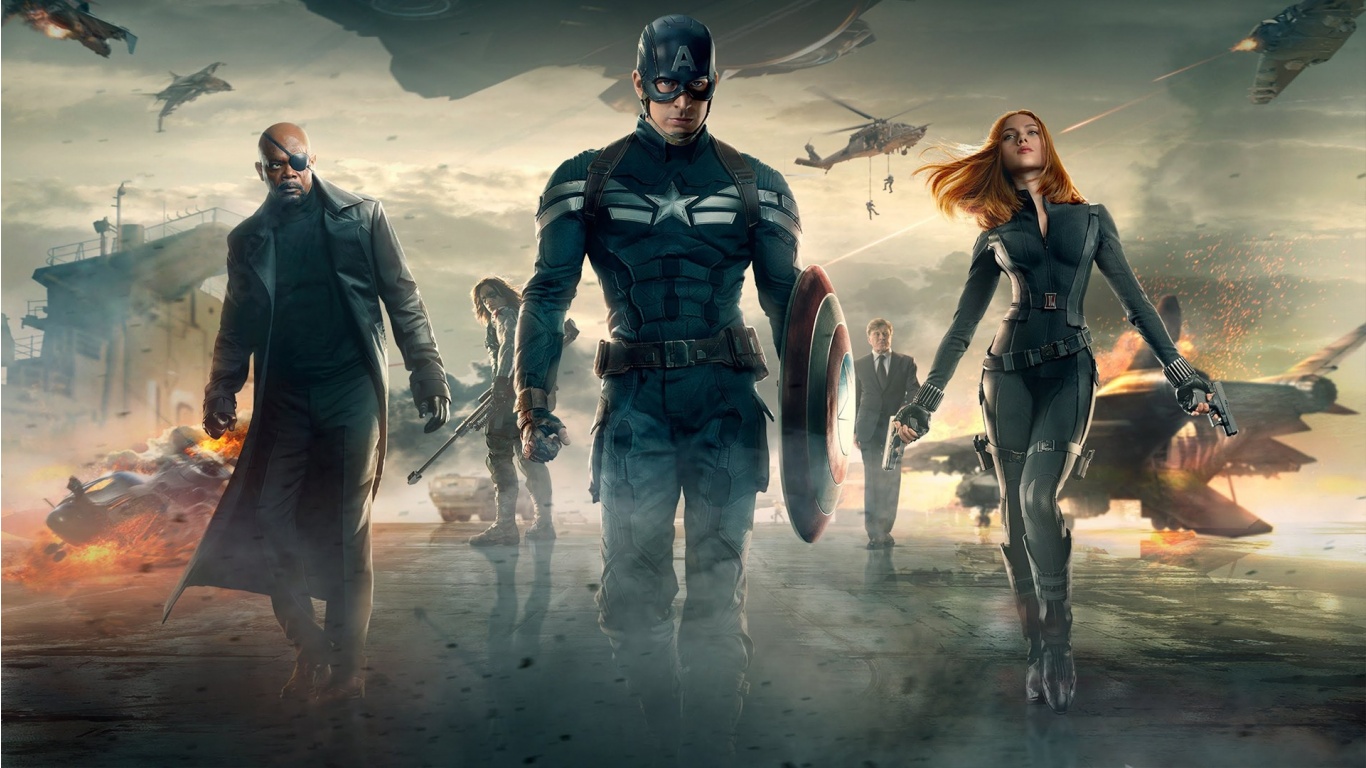Okay, some of you clowns over at SOFREP and Kit Up (fans of Deadliest Warrior or some similar drivel, I’m sure), etc., have been in a pissing contest for years about who the baddest dudes are to wear a uniform…and who is truly an “operator.” Finally, we’re about to settle the matter once and for all.
The pressing question of whether Rangers or SEALs stand atop the Great Zigarat can’t be settled by a wargame or other field evaluation. We are indebted to urban gangsta culture for providing the most empirical, objective venue for separating the hardcorps from the pogues: a video of both sides trash-talking to a beat.
Folks, this one’s too close to call. I’m gonna have to turn this over to my review panel for thorough analysis. Let’s start with you, Thad: What’s your initial impression of who the victor is?
THAD: Well Hank, first of all it’s important to remember that everyone is a winner in a contest like this, just by virtue of being here. Having said that, it just seems to me that the Navy SEAL had more bragging rights, and came in firing the bigger guns, if you will. The Ranger just never recovered after that first strike.
RICK: UNACCEPTABLE! This whole video is un-sat, and what the hell do you know Thad, you leg civilian bitch? The Ranger body-slammed that fuzzy-faced little seaman stain, even with one hand holding his coffee cup.
SYLVIA: The real loser in this video is all of womankind, as one of our own was stripped of her dignity, and her clothes, transformed into a sex object and paraded before the camera on the altar of male gratification.
THAD: While I agree with you in principle, Sylvia, I’m obligated to point out that a bikini is considered clothing. And it could be argued that the men in the video showed as much skin, or more, as the female.
DUANTE: Yo main, hold up. Hold up. This ain’t about whether some little flat-booty white chick showed too much skin or if a forest ranger can save the baby seals. This just another example of subliminal American bigotry. Not one brotha in the video, first of all. Not one. And did you catch that slur about the Oreo cookie?
RICK: You’re a no-go as usual, Duante. Pull your head out of your fourth-point and lock on. It’s not “baby seals” and “forest rangers,” first of all.
THAD: As much as I hate to agree with Rick, I’m afraid he’s right. The Oreo cookie comment was a pun referring to “black ops.”
DUANTE: Fool, we all know what they really mean when they say “Oreo.” And he even admitted, right in the video, that he wants to make it all vanilla! If that isn’t white supremacist, I don’t know what is.
THAD: Again, this was all a joke about the term “black ops,” referring to military missions of a clandestine nature. Like assassination, sabotage, or military kidnapping…all of which are within the scope of a unit like the SEALs, whereas the Rangers are simply a force of light infantry, designated for patrols…
RICK: UNACCEPTABLE! Did you pull all of that out of a book, Thad? “Whereas” you’re a dumbass civilian pogue who couldn’t hang with a girl scout troop on a three-klick march to the chow hall!
SYLVIA: What’s that supposed to mean, Rick?
RICK: Black Hawk Down, bitches. Just like he said in the video. You wanna talk military kidnapping?
DUANTE: Yo, and that’s another thing: why’s it gotta’ be “black” ops? Any time they be assassinatin’ or sabotagin’ or any kind of kidnapification, you gotta call it “black.” You don’t see that? You don’t see how the black community suffers guilt by association any time whitey gets to play with the language?
SYLVIA: You’re all missing the point, here. This video is just another instrument of oppression in the patriarchy’s toolbox. It sets us back 50 years. All over the world tomorrow, when womyn arrive in the marketplace, they’ll be subconsciously compared to this… this Stockholm Syndrome blonde sex object with the artfully displayed mammories.
THAD: Sylvia has a point: this actress has entirely too feminine a physique for 2014. The breasts are aesthetically appealing I admit, but would look better on the body of a high school football wide receiver. Or a horizontally challenged womyn.
RICK: Is that code for a fat chick?
DUANTE: Code? Oh, you wanna talk code? How about that reference to Osama Bin Laden? Here’s a dark-skinned man with a non-western philisophical worldview, killed by gun-happy rednecks in camouflage, and we supposed to laugh about it.
THAD: We need to get back on track. So Duante, who would you consider the winner?
DUANTE: Fool, please. Both these crackas got white man’s disease; couldn’t rhyme their way out of Sesame Street. It’s no wonder they didn’t even try to settle it with a break dance battle.
THAD: Granted, but what we’re here to determine…
DUANTE: I mean like “training” rhymes with “Peyton Manning?” Come on now, y’all. Ain’t nobody got time for that. But I guess, when it comes to bustin’ a rhyme, the forest ranger was worse. He either tried to put too many syllables into each verse, or not enough. Ain’t never got it right, main.
THAD: I was referring more to substantive content in…
RICK: UNACCEPTABLE! Too many syllables? Not enough? Wake up and move your ass out, Duante! You think Ice Cube is the man, then you turn around and complain about this guy’s rhyme scheme? And he’s not a forest ranger, asswipe.
DUANTE: Fool, what you know about Ice Cube?
SYLVIA: Not one of you neanderthals has even attempted to justify the ruthless exploitation of the womyn in this video! It so obviously panders to heterosexual males.
RICK: It panders to the Navy too. After all, you got a shot of a cross-dressing SEAL in there. …Not that there’s anything wrong with that.
THAD: Not that there’s anything wrong with that.
DUANTE: Not that there’s anything wrong with that.
THAD: I’m afraid we still haven’t come to a consensus on who won.
SYLVIA: You can try digging yourself out of this hole with all your bone-throwing to the gay/lesbian community. But what this video boils down to is nothing more than a thinly-veiled phallic comparison. I mean, really…brandishing big guns in every other shot, infantile references to your genitalia…
RICK: Those were weapons. This is my gun.
SYVIA: AAAAAAAAAAAAH! Put that away! That’s disgusting!
RICK: Just throwing you a bone, Sylvia.
DUANTE: That’s not a bone. That’s a splinter, white boy. This is a bone.
RICK: UNACCEPTABLE! Hahahaha!
SYLVIA: AAAAAAAAAAAH! I’m being oppressed! This is the worst atrocity since Tailhook!
RICK: What is that, Duante? Looks like a penis, only smaller.
DUANTE: Fool, please. If Sylvia wasn’t a typical frumpy-ass white bitch, you’d see. In fact, back that video up to the bikini snap.
RICK: HOO-WAH! Rangers lead the way!
THAD: Um, I suppose we should wrap up this discussion…
RICK: “Get to the chopp-ah!”
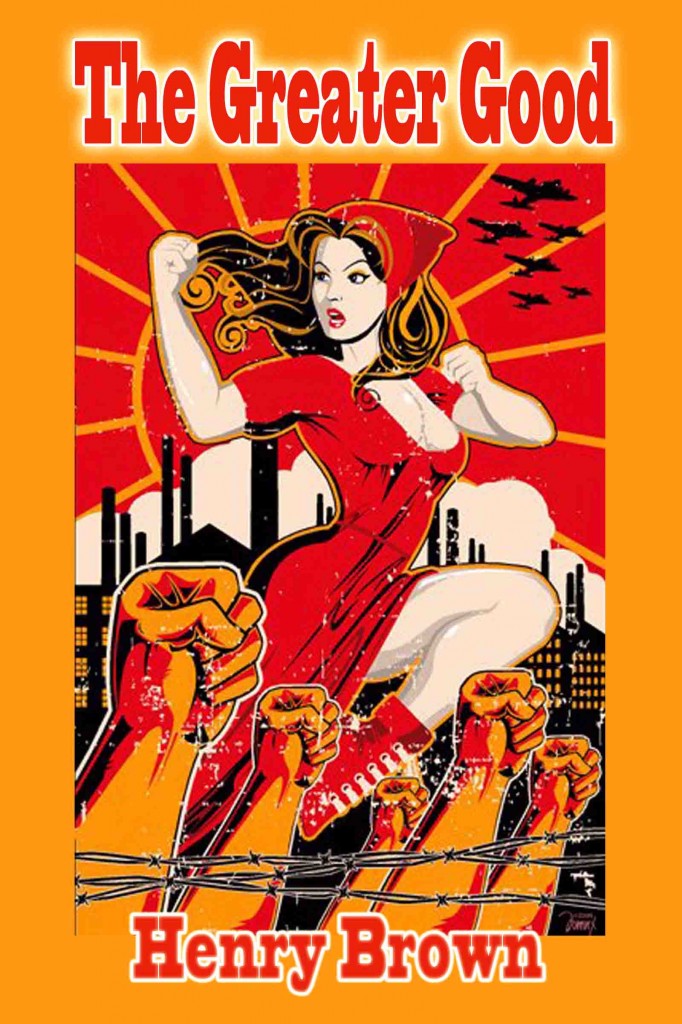

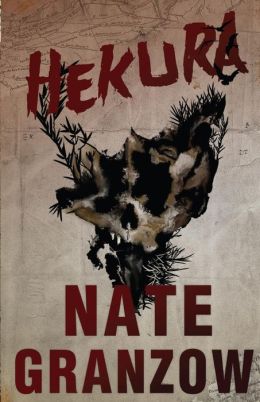
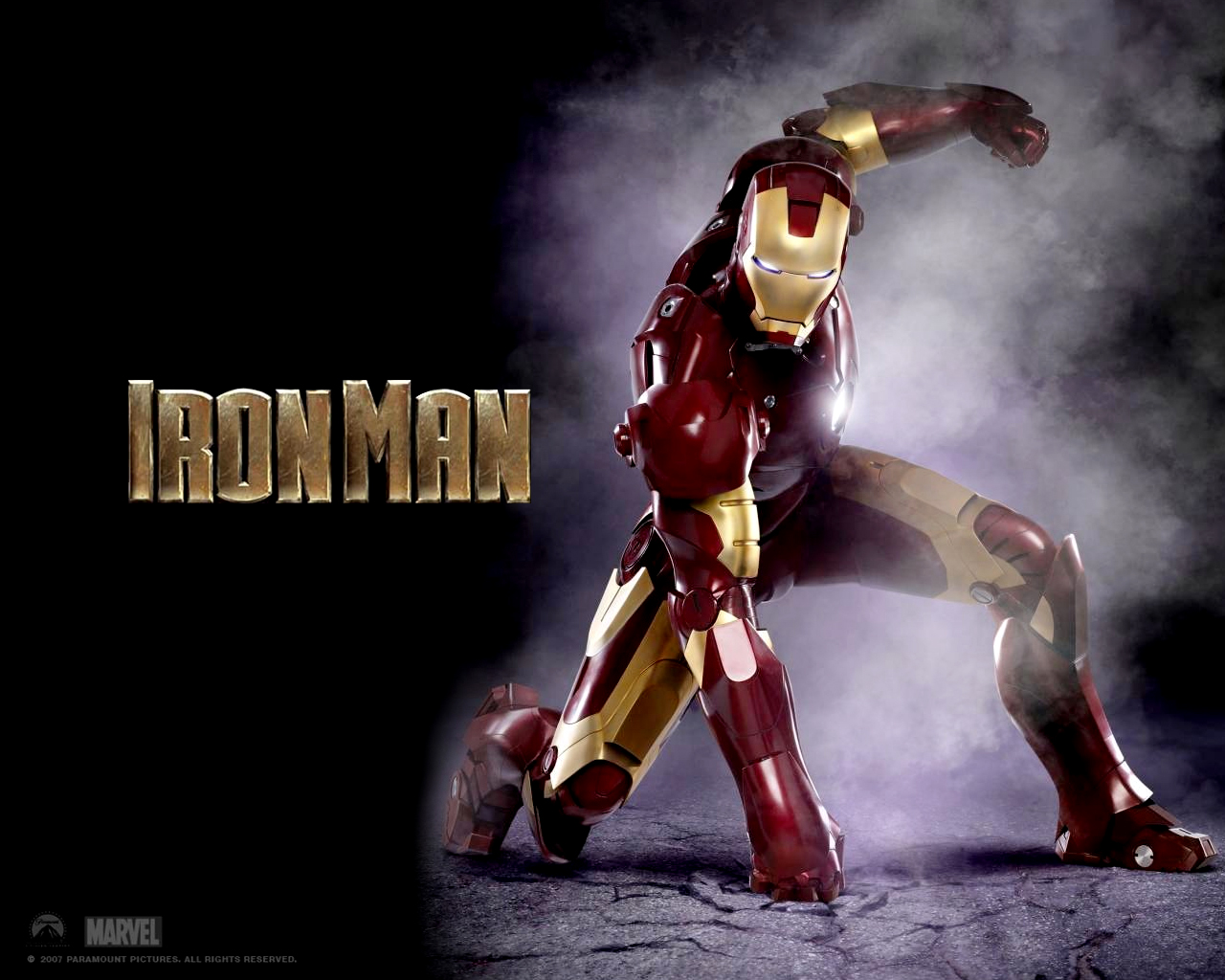

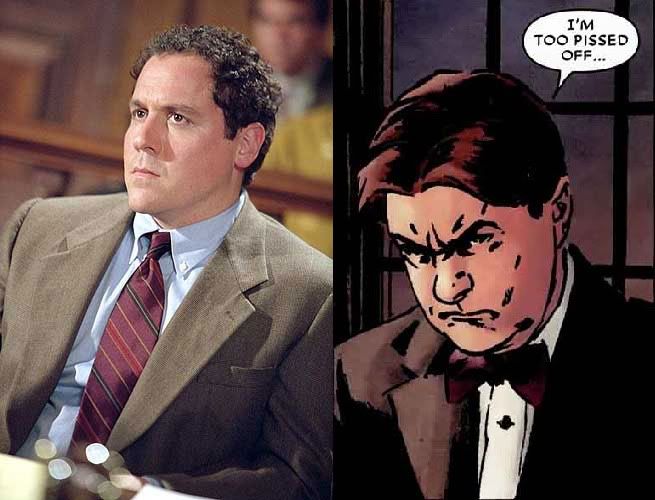



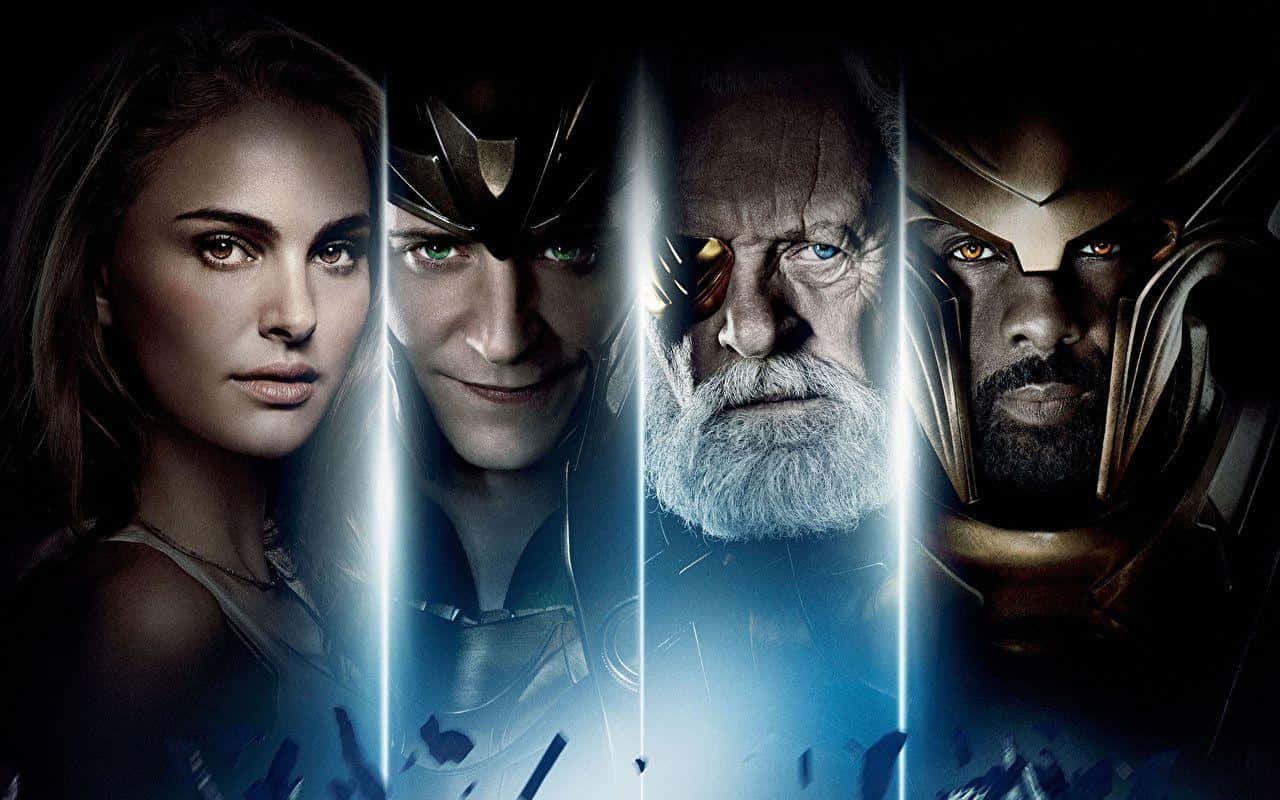



 The federal troops will be back, to be sure. Now they have a much better idea of enemy (American citizens) strength, arms/equipment, location and organization. They have wire tapped conversations, UAV spy footage, and intelligence gleaned from Google, Facebook, Twitter, etc. to fill in the picture for them. With a big protest rally in DC planned for May, some speculate that the feds will move back on the Bundys while that diversion is going on.
The federal troops will be back, to be sure. Now they have a much better idea of enemy (American citizens) strength, arms/equipment, location and organization. They have wire tapped conversations, UAV spy footage, and intelligence gleaned from Google, Facebook, Twitter, etc. to fill in the picture for them. With a big protest rally in DC planned for May, some speculate that the feds will move back on the Bundys while that diversion is going on.

